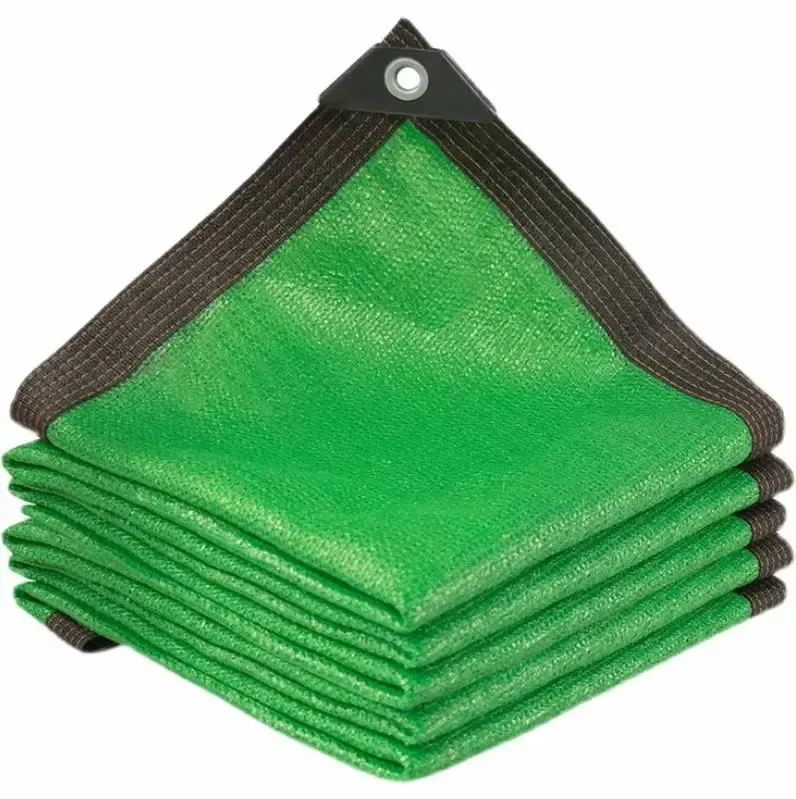-
 Afrikaans
Afrikaans -
 Albanian
Albanian -
 Amharic
Amharic -
 Arabic
Arabic -
 Armenian
Armenian -
 Azerbaijani
Azerbaijani -
 Basque
Basque -
 Belarusian
Belarusian -
 Bengali
Bengali -
 Bosnian
Bosnian -
 Bulgarian
Bulgarian -
 Catalan
Catalan -
 Cebuano
Cebuano -
 China
China -
 Corsican
Corsican -
 Croatian
Croatian -
 Czech
Czech -
 Danish
Danish -
 Dutch
Dutch -
 English
English -
 Esperanto
Esperanto -
 Estonian
Estonian -
 Finnish
Finnish -
 French
French -
 Frisian
Frisian -
 Galician
Galician -
 Georgian
Georgian -
 German
German -
 Greek
Greek -
 Gujarati
Gujarati -
 Haitian Creole
Haitian Creole -
 hausa
hausa -
 hawaiian
hawaiian -
 Hebrew
Hebrew -
 Hindi
Hindi -
 Miao
Miao -
 Hungarian
Hungarian -
 Icelandic
Icelandic -
 igbo
igbo -
 Indonesian
Indonesian -
 irish
irish -
 Italian
Italian -
 Japanese
Japanese -
 Javanese
Javanese -
 Kannada
Kannada -
 kazakh
kazakh -
 Khmer
Khmer -
 Rwandese
Rwandese -
 Korean
Korean -
 Kurdish
Kurdish -
 Kyrgyz
Kyrgyz -
 Lao
Lao -
 Latin
Latin -
 Latvian
Latvian -
 Lithuanian
Lithuanian -
 Luxembourgish
Luxembourgish -
 Macedonian
Macedonian -
 Malgashi
Malgashi -
 Malay
Malay -
 Malayalam
Malayalam -
 Maltese
Maltese -
 Maori
Maori -
 Marathi
Marathi -
 Mongolian
Mongolian -
 Myanmar
Myanmar -
 Nepali
Nepali -
 Norwegian
Norwegian -
 Norwegian
Norwegian -
 Occitan
Occitan -
 Pashto
Pashto -
 Persian
Persian -
 Polish
Polish -
 Portuguese
Portuguese -
 Punjabi
Punjabi -
 Romanian
Romanian -
 Russian
Russian -
 Samoan
Samoan -
 Scottish Gaelic
Scottish Gaelic -
 Serbian
Serbian -
 Sesotho
Sesotho -
 Shona
Shona -
 Sindhi
Sindhi -
 Sinhala
Sinhala -
 Slovak
Slovak -
 Slovenian
Slovenian -
 Somali
Somali -
 Spanish
Spanish -
 Sundanese
Sundanese -
 Swahili
Swahili -
 Swedish
Swedish -
 Tagalog
Tagalog -
 Tajik
Tajik -
 Tamil
Tamil -
 Tatar
Tatar -
 Telugu
Telugu -
 Thai
Thai -
 Turkish
Turkish -
 Turkmen
Turkmen -
 Ukrainian
Ukrainian -
 Urdu
Urdu -
 Uighur
Uighur -
 Uzbek
Uzbek -
 Vietnamese
Vietnamese -
 Welsh
Welsh -
 Bantu
Bantu -
 Yiddish
Yiddish -
 Yoruba
Yoruba -
 Zulu
Zulu
agricultural insect net
The Importance of Agricultural Insect Nets in Modern Farming
As agriculture continues to evolve with the demands of a growing global population, farmers are increasingly turning to innovative solutions to protect their crops. Among these solutions, agricultural insect nets have emerged as a vital tool in integrated pest management (IPM). These nets are designed to create a physical barrier against various pests while allowing sunlight, air, and water to permeate, thus promoting healthy crop growth.
Functionality and Types of Agricultural Insect Nets
Agricultural insect nets come in various materials and mesh sizes, enabling farmers to choose the right type based on their specific needs. Generally, these nets can be categorized into three major types
1. Fine Mesh Nets These nets have extremely small openings that prevent even the tiniest insects, such as aphids and whiteflies, from penetrating. They are ideal for protecting crops such as vegetables and fruits, which can be seriously damaged by these pests.
2. Medium Mesh Nets These nets strike a balance between allowing beneficial insects such as pollinators to enter while keeping out harmful pests. This type is particularly useful in environments where both kinds of insects are necessary for crop health.
Each type of net serves a different purpose, allowing farmers to tailor their pest control strategies based on specific crop requirements and pest pressures.
Benefits of Using Insect Nets
The benefits of utilizing agricultural insect nets are manifold
agricultural insect net

1. Reduction in Chemical Pesticides The use of insect nets significantly lowers the need for chemical pesticides, leading to less environmental pollution and safer food products. This reduction is not only beneficial for the ecosystem but also aligns with the increasing consumer demand for organic and sustainably grown produce.
2. Increased Yield By effectively keeping pests at bay, these nets help increase crop yields. Healthier plants are able to grow without the stress of pest infestation, resulting in higher quality produce.
3. Protection from Weather Extremes In addition to controlling pests, insect nets can also provide protection against adverse weather conditions, such as hail or excessive rain. They act as a shield for delicate crops, resulting in reduced losses during storms.
4. Enhanced Pollination Certain types of insect nets allow beneficial insects like bees to access the crops, thereby improving pollination rates. This is crucial for many fruit-bearing plants that rely on these insects to reproduce.
5. Long-term Investment While the initial cost of purchasing and installing insect nets may seem high, they are durable and can be reused for several growing seasons. This longevity makes them a cost-effective solution in the long term.
Challenges and Considerations
Despite their many benefits, the use of agricultural insect nets is not without challenges. One major concern is the initial financial investment required for high-quality nets, which may be prohibitive for smallholder farmers. Additionally, ensuring proper installation and maintenance is crucial, as poorly maintained nets can become ineffective and may lead to crop losses.
Farmers also need to remain aware of potential infestations of pests that could adapt to net barriers. Regular monitoring and a comprehensive understanding of pest populations are essential for successful pest management.
Conclusion
Agricultural insect nets are an innovative solution that embodies the principles of sustainable farming. By minimizing pesticide use, enhancing crop yields, providing weather protection, and allowing for natural pollination, these nets have become indispensable in modern agriculture. As farming faces the challenges of climate change and increasing pest resistance, insect nets will play a crucial role in ensuring food security and environmental stewardship. Embracing this technology can help farmers protect their crops while also contributing to a more sustainable future for agriculture.
-
Shipping Plastic Bags for Every NeedNewsJul.24,2025
-
Safety Netting: Your Shield in ConstructionNewsJul.24,2025
-
Plastic Mesh Netting for Everyday UseNewsJul.24,2025
-
Nylon Netting for Every UseNewsJul.24,2025
-
Mesh Breeder Box for Fish TanksNewsJul.24,2025
-
Expanded Steel Mesh Offers Durable VersatilityNewsJul.24,2025











